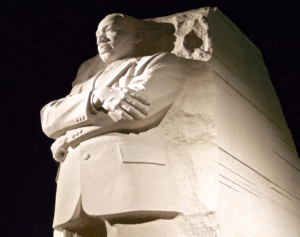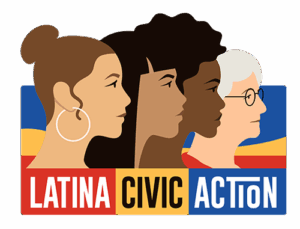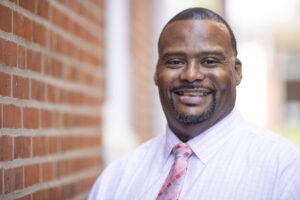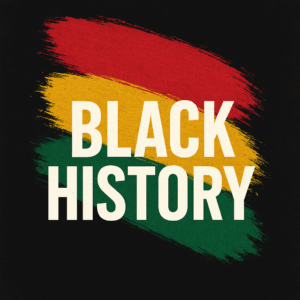Jewish Community Relations Council of Southern New Jersey Works To Strengthen Black-Jewish Relations Through Shared History
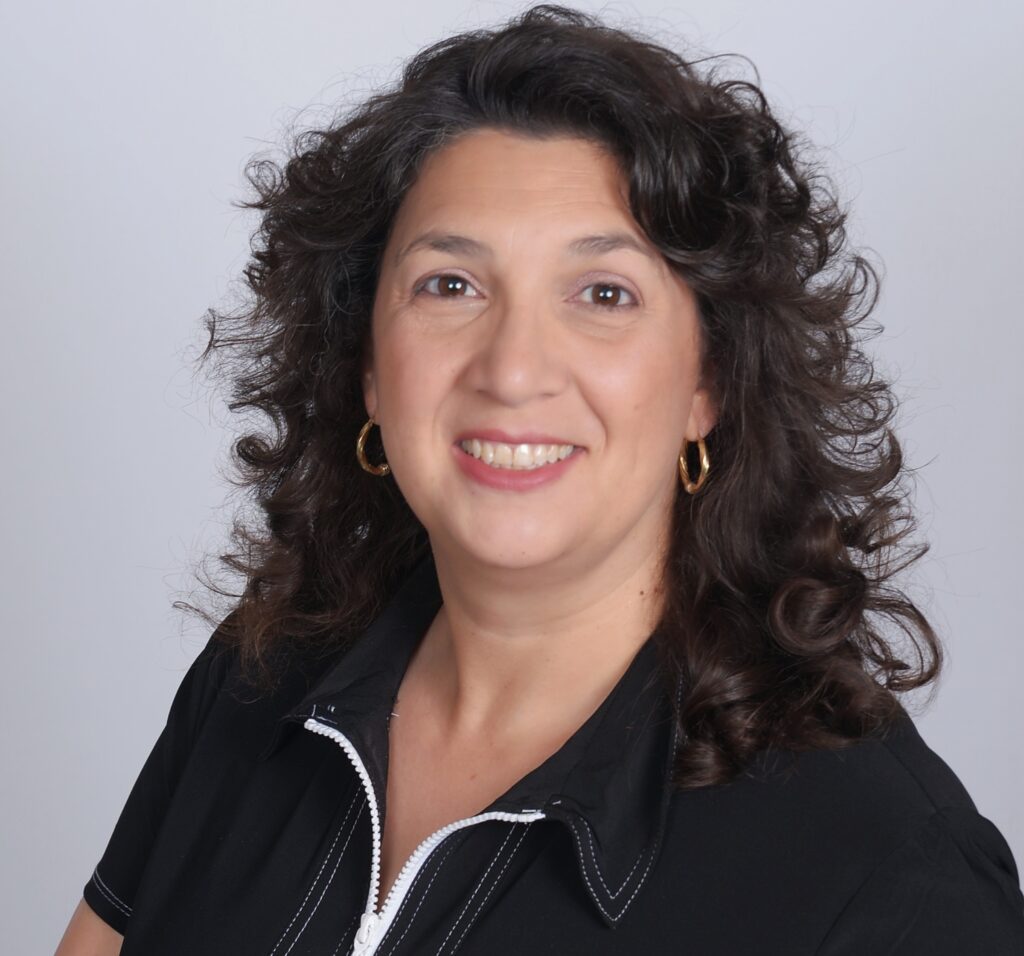
Photo of Sabrina Spector, of the Jewish Community Relations Council, courtesy of Sabrina Spector.
EDITOR’S NOTE: The story was written based on an interview with Sabrina Spector and Ira Weissman by Front Runner New Jersey editor Clyde Hughes
“My people were brought to America in chains. Your people were driven here to escape the chains fashioned for them in Europe. Our unity is born of our common struggle for centuries, not only to rid ourselves of bondage, but to make oppression of any people by others an impossibility.” – Dr. Rev. Martin Luther King, Jr. at the American Jewish Congress Convention in 1958
BY MADISON JOLLEY | For AC JosepH Media
CHERRY HILL — At a time when racism and antisemitism are rising at alarming rates nationally, the Jewish Community Relations Council of Southern New Jersey says it wants to build bridges of understanding with the region’s African American community.
Through historical presentations, cultural programs, and relationship-building initiatives, the Council hopes to remind people that the two communities share a deep history of solidarity and mutual support that continues to be relevant today.
Executive Director Sabrina Spector said that one of the most important parts of the council’s work is making sure that younger generations know the stories of cooperation that shaped American history.
“We have this powerful shared history that is often forgotten,” Spector said. “By talking about it and passing it on to the next generation, we can build stronger bonds and prevent the mistakes of the past from being repeated.”
The council partnered with Ira Weissman, president of Idea Innovation, to create a presentation called Having Each Other’s Backs: The Black-Jewish Shared History. The presentation has been shown to local organizations, including the African American Chamber of Commerce of New Jersey, and highlights how both communities stood together during critical moments in history. Weissman said that learning about these examples has been eye-opening.
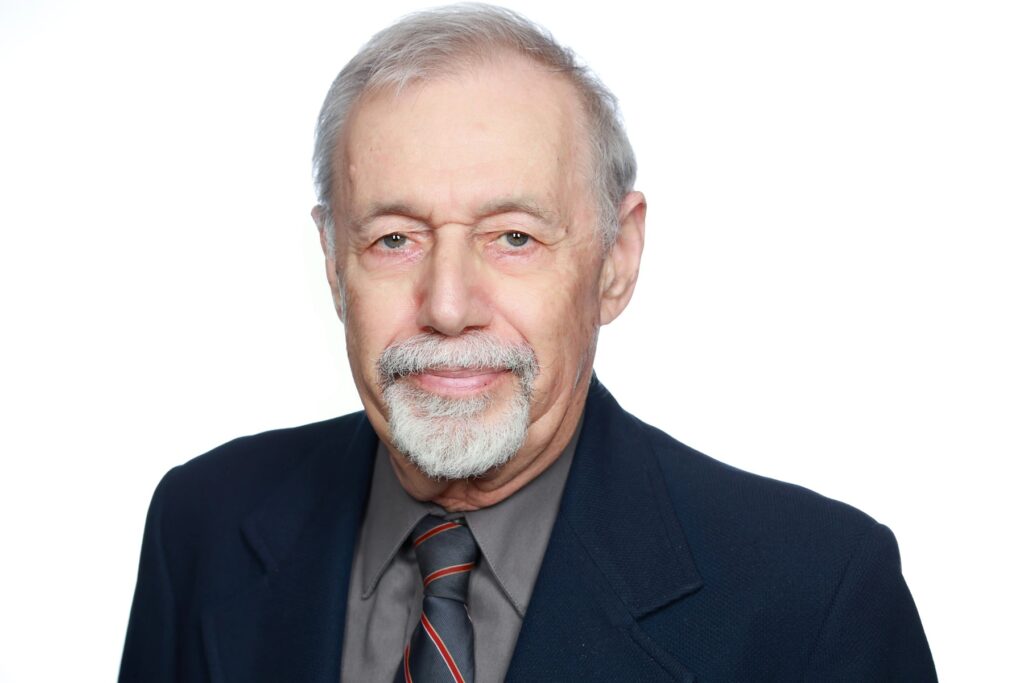
“The Rosenwald schools, the Spingarn brothers, the Jewish volunteers in the Civil Rights Movement, these are not small footnotes. These are central to the story of how our communities lifted each other up,” he said. “When you put all of it together, you see how deeply connected we have been and how much we can accomplish when we work side by side.”
The stories of partnership run deep. Jewish philanthropist Julius Rosenwald, the president of Sears Roebuck, partnered with Booker T. Washington to build more than 5,000 schools for African American children across the segregated South.
Those schools educated more than 700,000 students and produced notable alumni such as civil rights leader Medgar Evers, poet Maya Angelou, and Congressman John Lewis. Rosenwald also created nearly 1,000 fellowships for African American scholars, artists, and activists.
Among the recipients was psychologist Dr. Kenneth Clark, whose groundbreaking research on the effects of segregation on children became a key part of the Supreme Court’s decision in Brown v. Board of Education.
Weissman said the door of the Black-Jewish alliance swung both ways. He pointed to the 1930s when Historically Black Colleges and Universities, HBCUs hired more than 50 German refugee professors at a time of heightened Nazi deaths and aggression during the Holocaust against Jews in Europe.
Those professors were employed at places like Washington D.C.’s Howard University and Mississippi’s Tougaloo College, where work visas were critical for them to stay in the United States, according to The Washington Post.
Jewish refugee scholars were locked out of white universities because of antisemitism, but found open doors to teach at, allowing important avenues of understanding — and empathy.
The ties also run through the civil rights struggle. Jewish leaders were instrumental in the formation of the NAACP in 1909. Joel Spingarn, one of its early leaders and eventual president, created the Spingarn Medal, which remains the highest honor awarded annually by the NAACP. Rabbis such as Abraham Joshua Heschel marched alongside Dr. Martin Luther King Jr. in Selma.
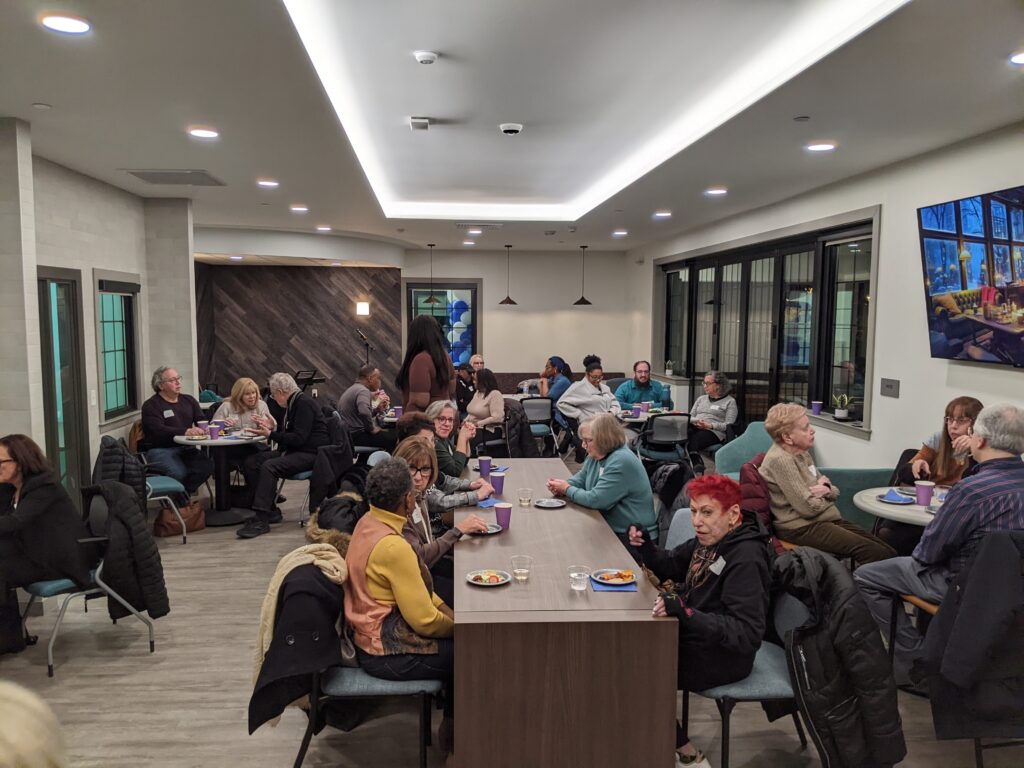
Jewish activists made up a significant portion of the Freedom Riders who faced violence to challenge segregation on interstate buses, and two of the three young men murdered in Mississippi during the 1964 “Freedom Summer” were Jewish.
There are other moments that demonstrate the depth of this relationship, including Albert Einstein inviting Black singer Marian Anderson to stay at his Princeton home when she was denied lodging due to segregation, or the support from African American mayors in the effort to bring Ethiopian Jews to Israel during Operation Solomon.
The Jewish Community Relations Council of Southern New Jersey is also making sure that its work goes beyond presentations and enters people’s daily lives. In partnership with Impact Live Church in Cherry Hill, the Council organized a joint civil rights trip through the South that Spector described as “life-changing.”
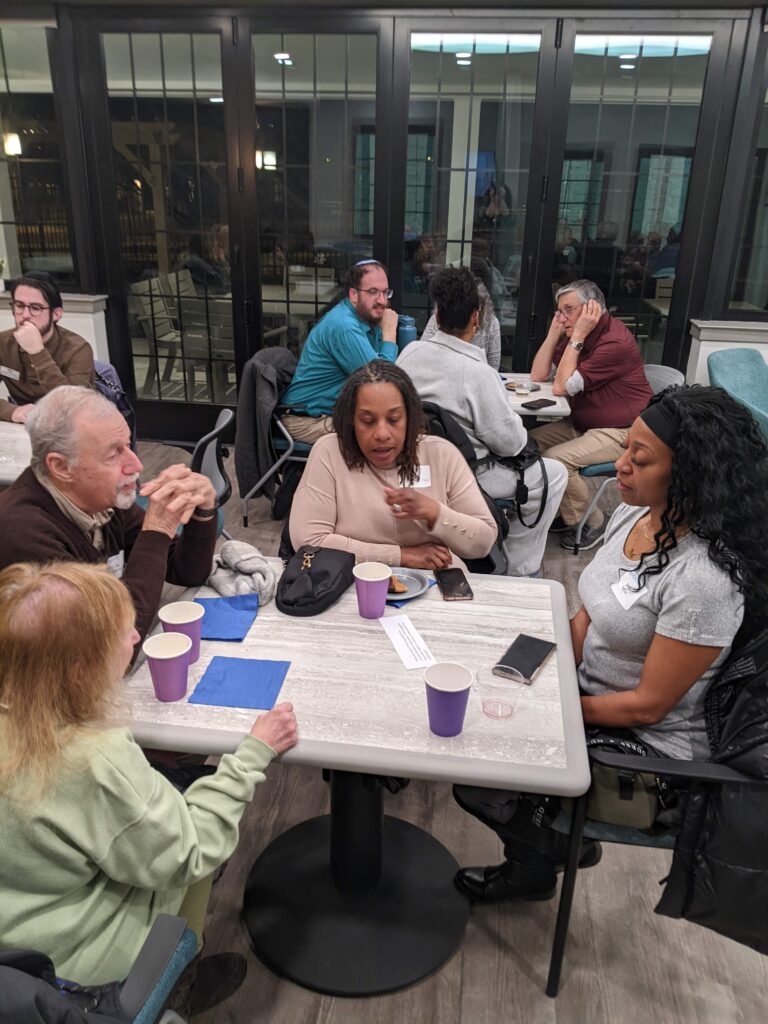
She said the experience helped participants gain a deeper perspective on systemic racism and the challenges still faced by African Americans today.
“To be in Selma, to walk through the museums, and to see how a decision as simple as altering a highway devastated a community for generations, it was painful but necessary to understand,” she said. “It showed how systemic racism shapes lives.”
The council has also created “Chew and Chat” gatherings, where members of both communities come together to discuss issues, share food, and find common ground. Some sessions have focused on challenges like racism and antisemitism, while future conversations may highlight cultural topics such as music and art.
“We all love food, we all love culture, and we all love family,” Spector said. “Those are ways to bond that are not always heavy but are still deeply meaningful.” The group is also working on a film series where movies will be shown in both churches and synagogues, a book club featuring Jewish and African American authors, and another civil rights trip to continue what has already become a growing tradition.
For Spector and Weissman, the urgency of this work is clear. Both said they are deeply concerned about the rise of antisemitism and misinformation, particularly among young people. Spector noted that surveys have shown increases in antisemitic attitudes among young adults across ethnic groups.
“Our challenge is that many young people do not have a historical grounding,” she said. “If you cannot sum it up in a one-minute video, it gets dismissed. That makes it even more important to stop, learn, and understand how we got here. Our communities only made progress because we worked together, and we have to remind people of that.”
The current conflict in Israel and Gaza has also made this work more complicated. Spector said it is important to distinguish between advocacy for causes and hatred.
“You can be passionate about a cause, but when it morphs into blatant Jew hatred, that should be a red flag for society,” she said. “Minority groups especially need to understand that if hate comes for one of us, it will come for another. We have to stand up for each other.”
Locally, the Jewish Community Relations Council of Southern New Jersey has partnered with the Cherry Hill African American Civic Association and continues to build its relationship with Impact Live Church. Spector said she hopes to connect with additional groups in South Jersey, including NAACP chapters in Atlantic City and Camden County.
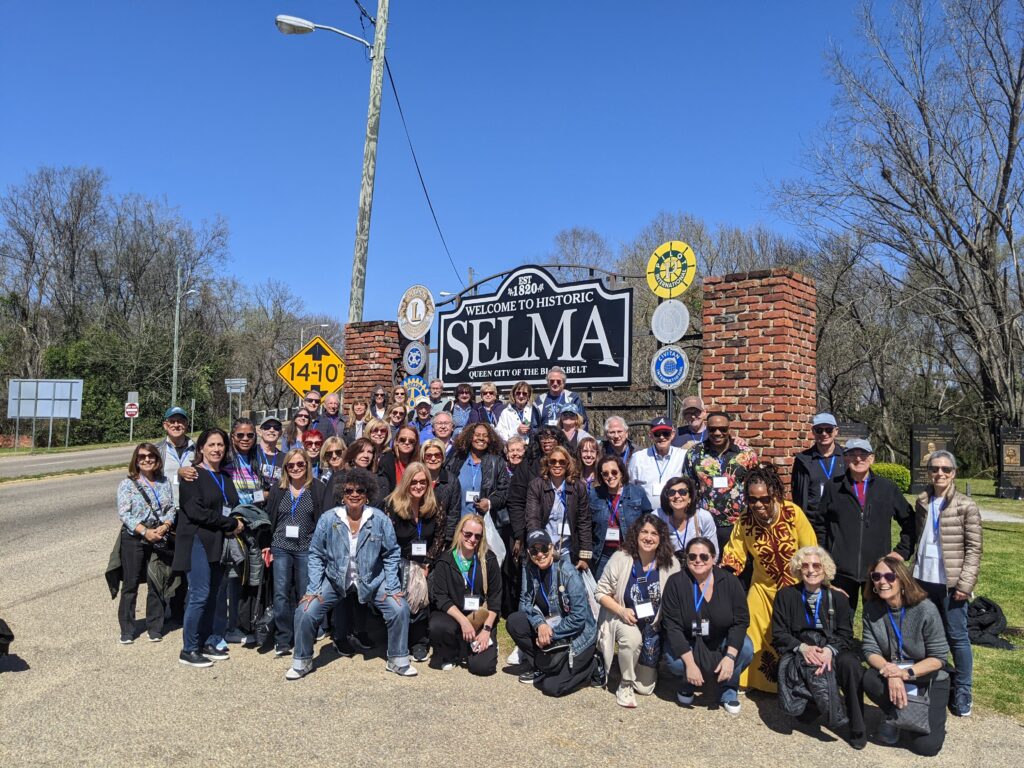
Weissman said he has used his networks to share the presentation with groups such as Black aerospace professionals. He said he sees the project as an ongoing effort to open new doors for dialogue.
For Spector, the message is simple.
“Anybody and everybody who wants dialogue, who wants to get to know one another, I am open to it,” she said. “This is a time in history where, if we do not step out and stand up for each other, we could be in big trouble.”
Community members and organizations interested in hosting a presentation or partnering on future programs can contact Sabrina Spector at sspector@jfedsnj.org, or call 856-751-9500 ext. 1108.
Follow Us Today On:
Note from AC JosepH Media: If you like this story and others posted on Front Runner New Jersey.com, lend us a hand so we can keep producing articles like these for New Jersey and the world to see. Click on SUPPORT FRNJ and make a contribution that will go directly in making more stories like this available. Thank you for reading!

